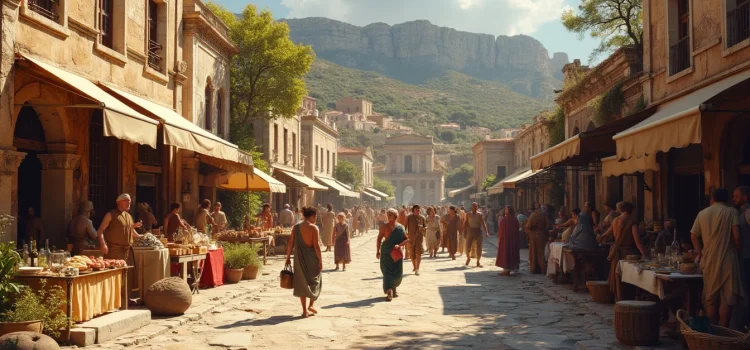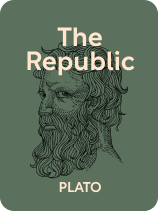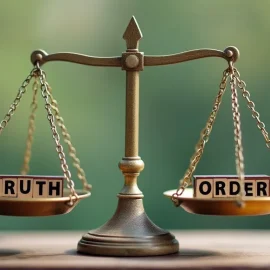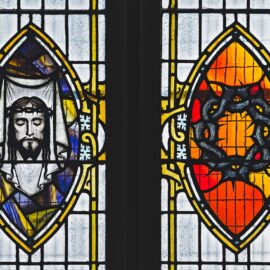

This article is an excerpt from the Shortform book guide to "The Republic" by Plato. Shortform has the world's best summaries and analyses of books you should be reading.
Like this article? Sign up for a free trial here.
Is democracy truly the worst form of government, except for all the others? What was Plato’s take on it?
According to Plato, democracy leaves a lot to be desired. In The Republic, he presents a thought-provoking critique of democracy through the character of Socrates. He outlines a progression of societal structures, with democracy as the second-worst.
Read on to understand Plato’s analysis of democracy and discover why he believes it’s less than ideal.
Plato on Democracy
These days, we think of democracy as an ideal. But, according to Plato, democracy is a far cry from perfection. In The Republic, through the character of Socrates, he describes the nature of the ideal society. But, because change is inevitable in the world of objects (as opposed to the world of forms), the only direction the ideal can go is down. Over time, the ideal society deteriorates. Socrates describes this deterioration as a progression of four types of societies, with each kind worse than the previous kind:
- Timocracy: a society based on ambition and honor
- Oligarchy: a society based on wealth
- Democracy: a society based on individual liberty
- Tyranny: a society based on mob rule and oppression
A democratic society is defined by equal rights, freedoms, and political opportunities for all citizens, Socrates explains. In a democracy, people are free to live however they choose. Because of this, democratic societies have a lot of different ideas and perspectives.
An oligarchy becomes a democracy when younger generations spend their wealth extravagantly and without restraint. This is inevitable because maximizing profits requires enabling immoral behaviors—there’s money to be made not only in selling extravagant luxuries but also in exploiting the financially reckless. This also increases wealth inequality even further until there’s nothing but the desperately poor and the pampered, incompetent rich. When civil strife from inequality boils over, the poor revolt, overthrow the oligarchy, and grant everyone equal rights and opportunities.
(Shortform note: Plato’s conception of democracy is specific to the democratic society of ancient Athens. Under this system, all male citizens of Athens could vote on every law and issue directly as opposed to electing representatives to make laws for them. Athens became democratic in 507 BCE after a popular revolution overthrew an oligarchical regime—a historical event that matches Plato’s description of how democracy comes about.)
The Democratic Man
Socrates describes the democratic man as flexible but unprincipled. His father—an oligarch—teaches him to be stingy, make money, and avoid unnecessary expenses. But others around him in society indulge in extravagance and excess, and the democratic man gets a taste for luxury from spending time with them. They tell him this extravagance is the best way to live, and the democratic man believes them because he hasn’t been taught strong moral principles. And so the democratic man takes a middle ground between his father’s views and his society: He doesn’t constantly indulge in excess but he’s not stingy either. He’s also unwilling to judge those who indulge or say any pleasure is good or bad.
(Shortform note: Scholars argue that Polemarchus begins as a democratic man. They note how, at the start of the dialogue, he convinces Socrates to discuss justice by pointing out that he’s outnumbered by young men who want him to stay—associating him with majority rule. As the dialogue progresses, Polemarchus becomes more reserved and has Adeimantus present his arguments for him. Thus, Socrates has elevated him to the more private and austere oligarchic man.)

———End of Preview———
Like what you just read? Read the rest of the world's best book summary and analysis of Plato's "The Republic" at Shortform.
Here's what you'll find in our full The Republic summary:
- Plato’s concept of justice
- Why living a moral life is good for its own sake
- How later philosophers interpreted and responded to the ideas in The Republic






